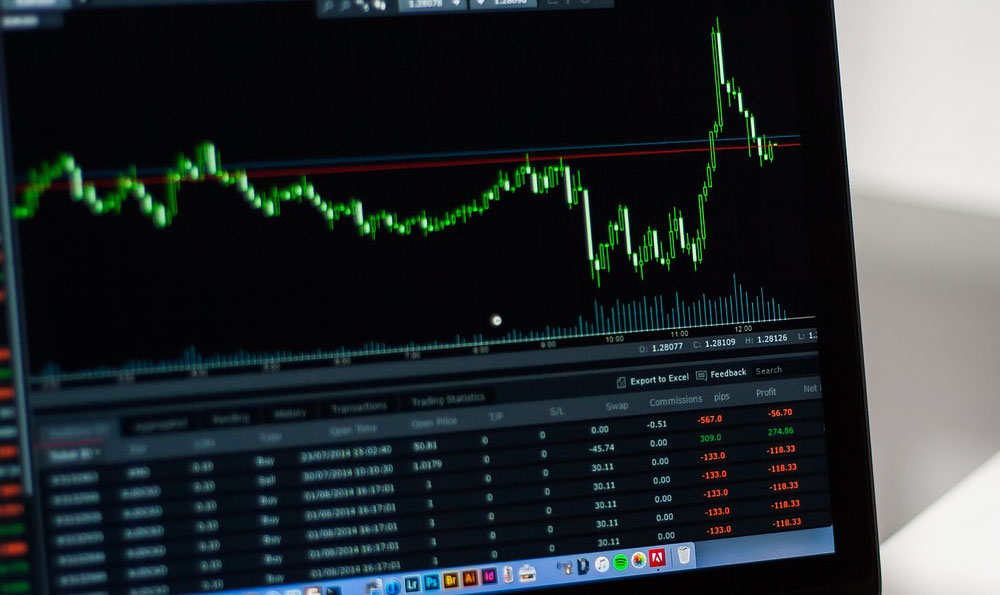Finding a fiduciary investment advisor is a crucial step towards securing your financial future, especially in the complex and often volatile world of cryptocurrency investments. Unlike brokers who may only be required to recommend suitable products, a fiduciary is legally bound to act in your best interest. This difference is paramount when navigating the intricate landscape of digital assets.
The first step in your search should be defining your investment goals and risk tolerance. Are you seeking long-term growth, income generation, or a balance of both? What level of risk are you comfortable with, considering the inherent volatility of the cryptocurrency market? A clear understanding of your own objectives will help you articulate your needs to potential advisors and evaluate whether their strategies align with your preferences.
Once you have a good grasp of your own financial situation and objectives, begin your search for qualified candidates. Start by leveraging online resources such as the Certified Financial Planner (CFP) Board website or the National Association of Personal Financial Advisors (NAPFA) website. These organizations offer directories of financial advisors who have met specific educational and ethical standards. While not all CFPs or NAPFA members specialize in cryptocurrency, they possess a foundational understanding of financial planning principles, which is a valuable asset in itself. Pay attention to any designations or certifications related to cryptocurrency or blockchain technology, as these demonstrate specialized knowledge in the field.

Next, carefully vet each potential advisor. Don't hesitate to ask direct and probing questions about their experience, qualifications, and compensation structure. Inquire about their specific experience with cryptocurrency investments. How long have they been involved in the market? What types of digital assets do they typically recommend? What is their track record in managing crypto portfolios? A competent advisor should be able to provide clear and concise answers, backed by data and evidence.
Understanding the advisor's compensation structure is crucial for ensuring transparency and avoiding potential conflicts of interest. Fiduciary advisors typically operate under a fee-only model, meaning they are compensated solely by fees paid directly by their clients, rather than commissions from selling specific investment products. This structure minimizes the incentive for the advisor to recommend products that are not in your best interest. Be wary of advisors who earn commissions, as this can create a conflict of interest and potentially lead to biased advice.
Furthermore, delve into the advisor's investment philosophy and strategy. Do they have a well-defined approach to managing cryptocurrency portfolios? How do they assess risk and manage volatility? What types of strategies do they employ, such as diversification, dollar-cost averaging, or active trading? A sound investment strategy should be grounded in fundamental analysis, technical analysis, and risk management principles. Avoid advisors who promote get-rich-quick schemes or promise guaranteed returns, as these are red flags in the world of cryptocurrency investments.
Beyond technical expertise, consider the advisor's communication style and commitment to client education. Are they able to explain complex concepts in a clear and understandable manner? Are they willing to take the time to answer your questions and address your concerns? A good advisor should be a trusted partner who empowers you to make informed decisions about your financial future. They should be proactive in providing updates, explaining market trends, and adjusting your investment strategy as needed.
Pay close attention to the advisor's regulatory history. Check their background through the Financial Industry Regulatory Authority (FINRA) BrokerCheck website or the Securities and Exchange Commission (SEC) Investment Advisor Public Disclosure (IAPD) website. These resources provide information on an advisor's licensing status, disciplinary actions, and customer complaints. Any red flags, such as past violations or regulatory sanctions, should be a cause for concern and may warrant further investigation.
Another important factor to consider is the advisor's cybersecurity practices. Cryptocurrency investments are particularly vulnerable to hacking and theft, so it is essential to ensure that your advisor has robust security measures in place to protect your assets. Inquire about their data encryption protocols, multi-factor authentication procedures, and disaster recovery plans. A responsible advisor should prioritize cybersecurity and be transparent about their security practices.
Finally, trust your gut. Building a strong and trusting relationship with your financial advisor is essential for long-term success. Choose an advisor who is not only knowledgeable and experienced but also someone you feel comfortable working with. Schedule introductory meetings with several candidates to assess their personalities, communication styles, and overall fit. Ultimately, the best advisor is one who understands your goals, values your input, and is committed to acting in your best interest. Remember that in the high-stakes, high-reward environment of cryptocurrency investment, having a fiduciary on your side isn't just advisable—it's essential for protecting your capital and navigating the complex digital landscape with confidence.












